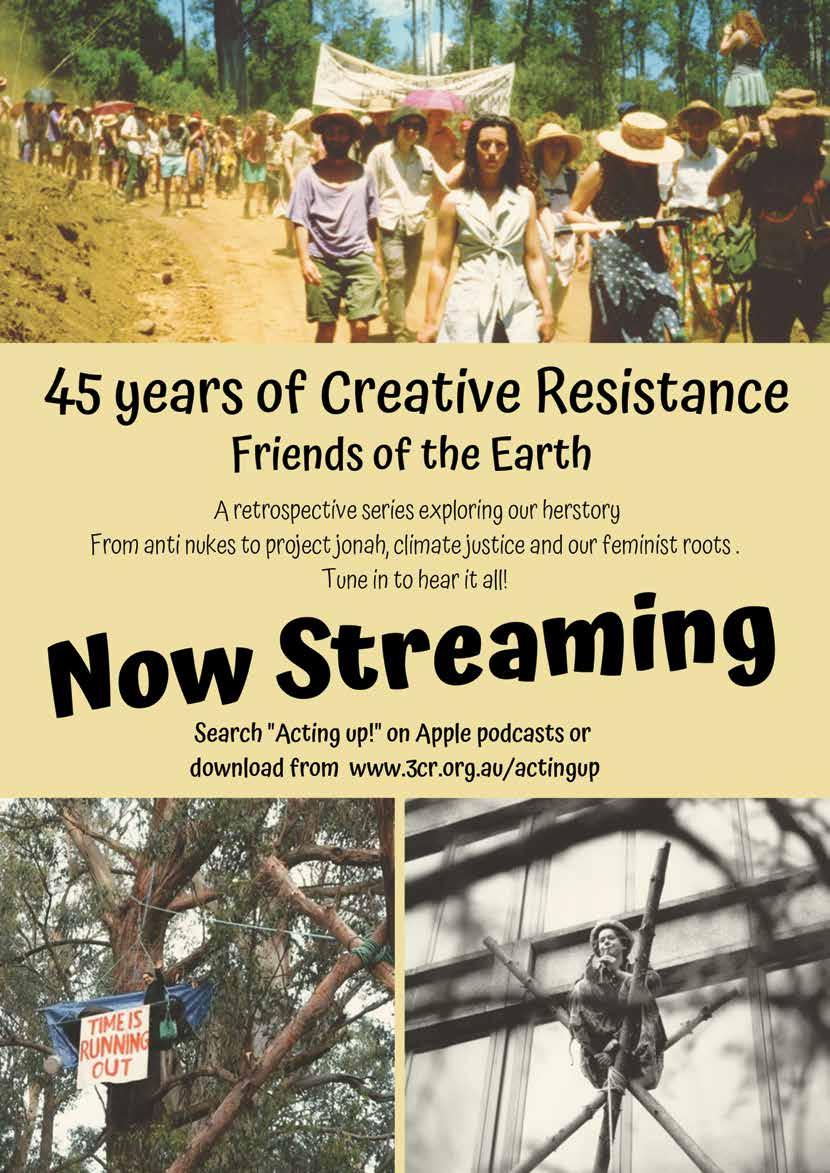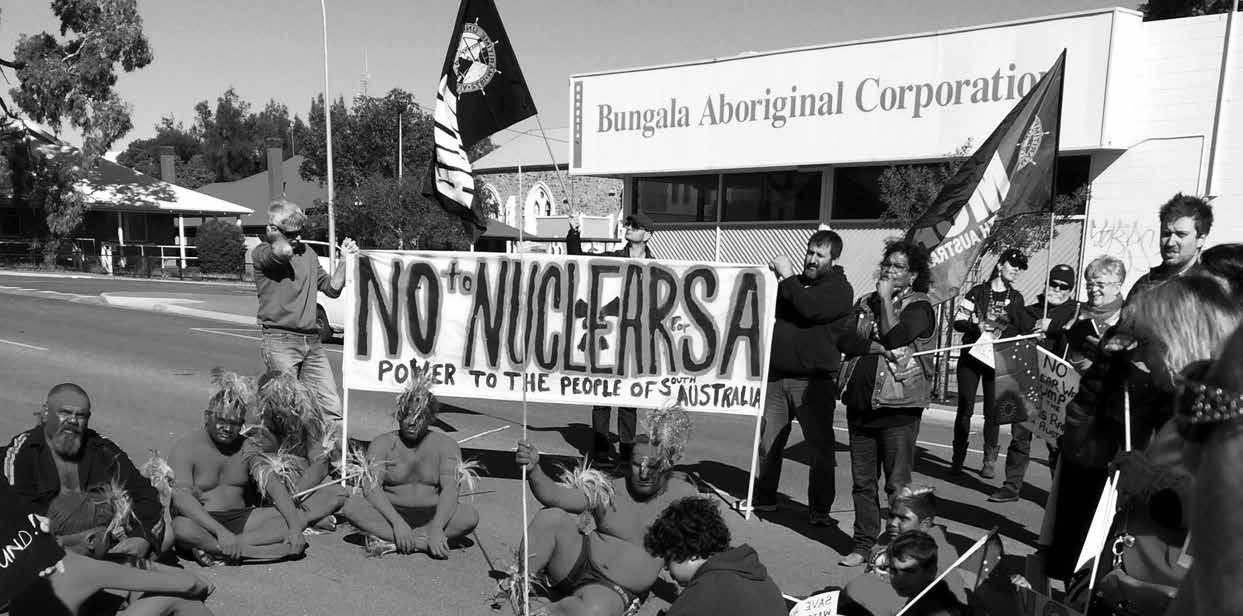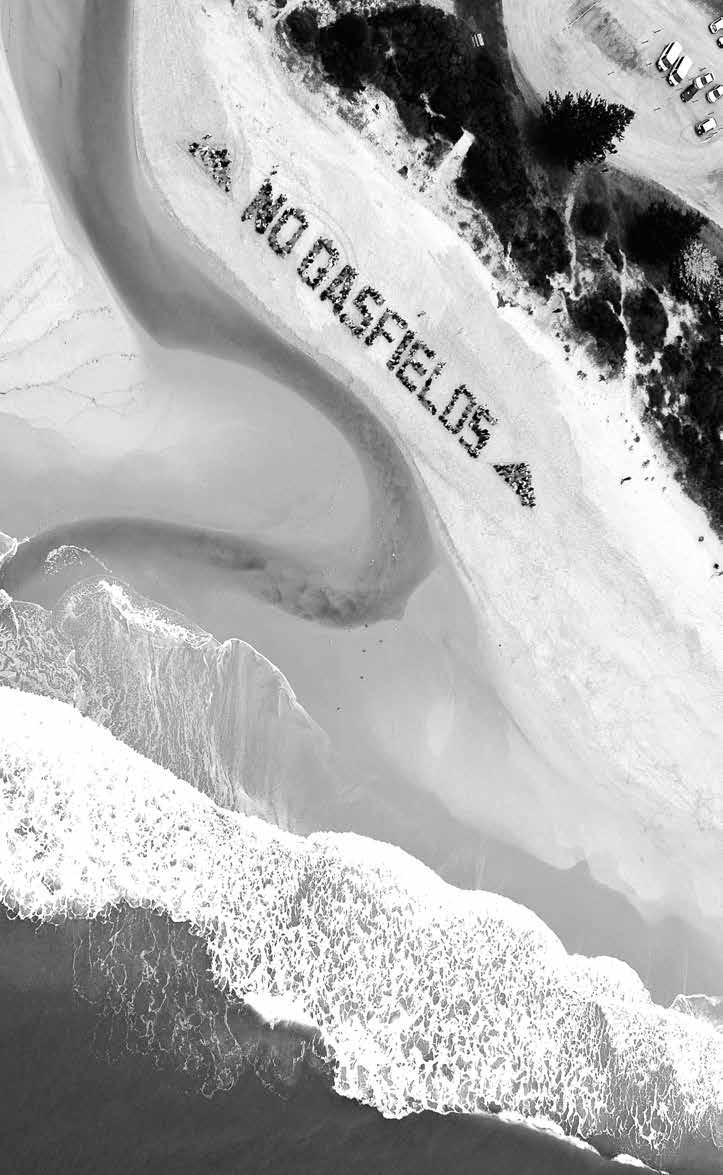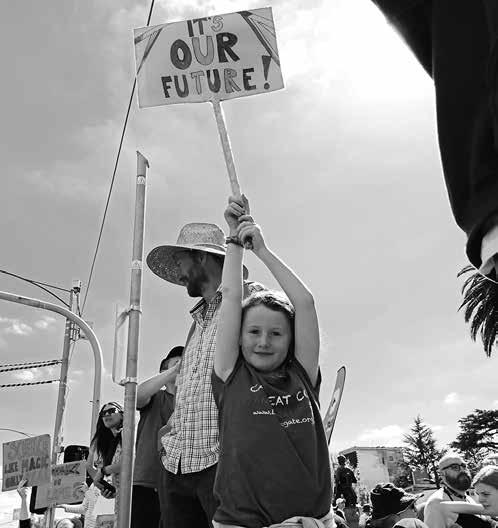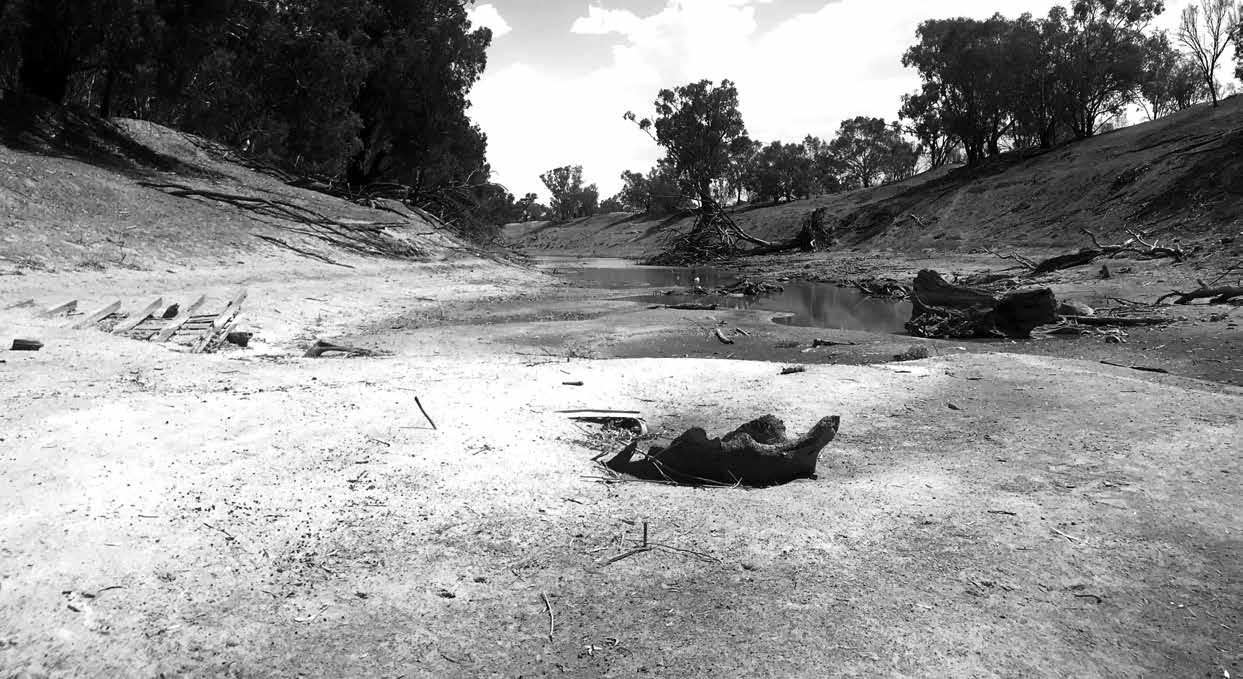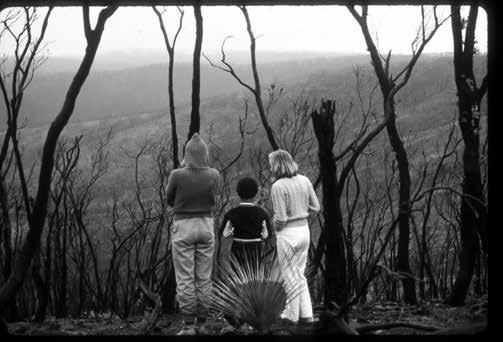Climate Bills in federal parliament Joss at the Melbourne climate rally, March 2019.
Greens leader Adam Bandt has introduced a Climate Emergency Declaration Bill 2020 to federal Parliament to formally declare a climate emergency. Bandt’s Explanatory Memorandum states: “This Bill declares a climate emergency. All public service agencies will be responsible for acting in accordance with the declaration when developing, implementing, providing and evaluating policies and will be required to report on their compliance each reporting period. The Bill will establish a climate emergency war cabinet to guide the country through the rapid society-wide and economy-wide response to the climate change crisis.” Under the Bill, the government would be required to set up a Climate Emergency Committee (a ‘war cabinet’) to consult, negotiate, lead and report to Cabinet on the implementation of the Climate Emergency Declaration. Government agencies would table annual reports on how they were meeting their obligations. Bandt’s Bill was seconded by independent MP Zali Steggall, who knocked off former Liberal prime minister Tony Abbott for the NSW seat of Warringah at the last election. Steggall has introduced a separate Bill to Parliament, the Climate Change (National Framework for Adaptation and Mitigation) Bill 2020, to establish a national climate change adaptation and mitigation framework, and to establish the Climate Change Commission.
www.foe.org.au
The Bill proposes mandating a National Climate Risk Assessment, a National Adaptation Program, and a net-zero emissions target by 2050. Steggall’s website explains the unpinning logic behind the Bill: •F ramework legislation is tried and proven legislation that has worked in overseas jurisdictions like the United Kingdom, France and Ireland. It has reduced emissions, helped those countries adapt to climate impacts, and advanced the climate change debate by taking the politics out of it. It works by setting a long-term pathway to net-zero emissions and helps guide decision-making to meet that target. It does this by requiring interim targets or emissions budgets which set a cap on economy-wide emissions. • By setting statutory targets, rather than just policy-based targets, it signals a greater level of commitment to emission reduction. Setting targets in legislation will also provide parliamentary scrutiny. • Framework legislation secures long-term policy and planning and ensures climate change action with changes of government. It does this by mandating the Government of the day develop and implement plans to meet those budgets and adapt to warming, which ensures that plans are not shelved and forgotten. All plans are made with overarching principles like intergenerational equity, transparency, fiscal responsibility and the best available science to ensure these plans are fair, equitable and consistent with best practice. Steggall, in an opinion piece in The Age, wrote: “My challenge now is to set Australia on a safer climate future, for my kids and future generations. That is why I will be introducing the people’s Climate Change Bill to the Australian Parliament in March, to end a decade of divisive politics over Australia’s future. “Part of this framework sets up in law a net zero emissions target by 2050. More than 80 per cent of businesses support this, and all Australian states and territories already have this in law or policy. This bill includes establishing an independent Reserve Bank-style Climate Change Commission, tasked with advising government on the best way to get to net zero, climate risks and the progress towards targets. The new Climate Change Commission will report regularly, independently and publicly without referral, and ensure transparency and accountability for the Australian people. “The bill also fills vital gaps in Australia’s policy landscape. It will require regular national risk assessments outlining the effect to Australia from climate impacts such as fires, droughts, seas level rise and extreme weather events, and regional development and employment planning impacted by a transition away from fossil fuels. Five-yearly adaptation plans are then implemented by the government in response to those risks. After the performance of the government in preparing for and responding to this season’s catastrophic and unprecedented bushfires, the value is clear in having future-focused adaptation and mitigation plans.” Climate Emergency Declaration Bill 2020: www.tinyurl.com/y78t2ng8 Climate Change (National Framework for Adaptation and Mitigation) Bill 2020, www.climateactnow.com.au, www.zalisteggall.com.au
Chain Reaction #138
May 2020
35


